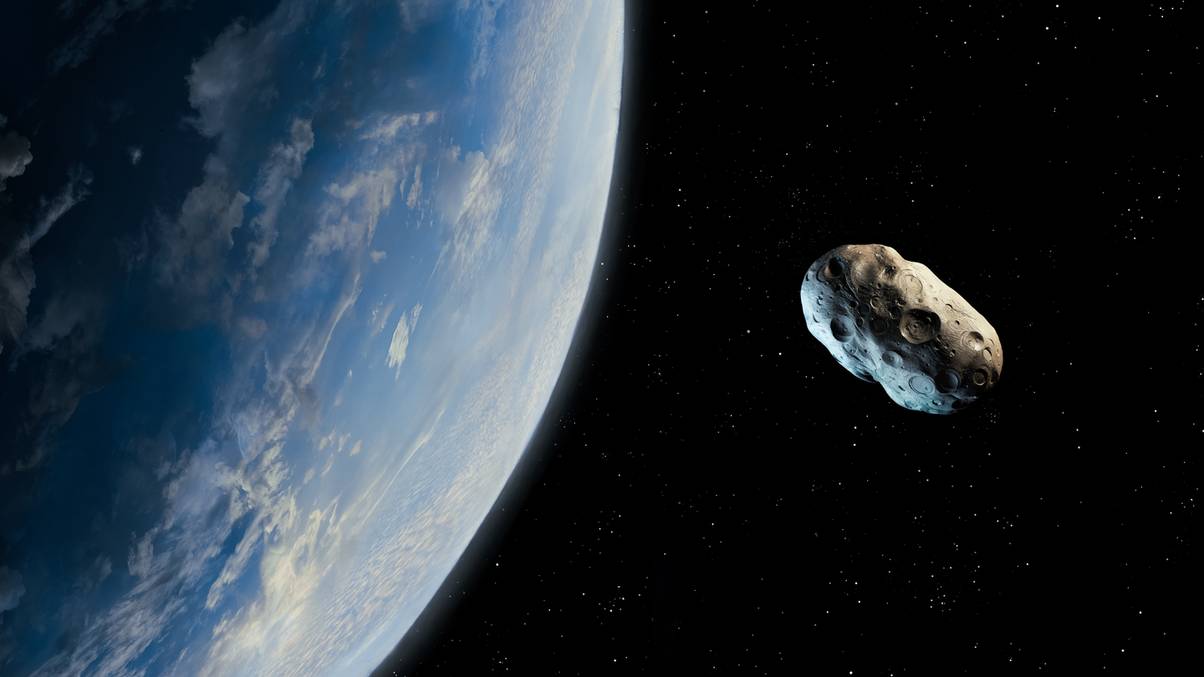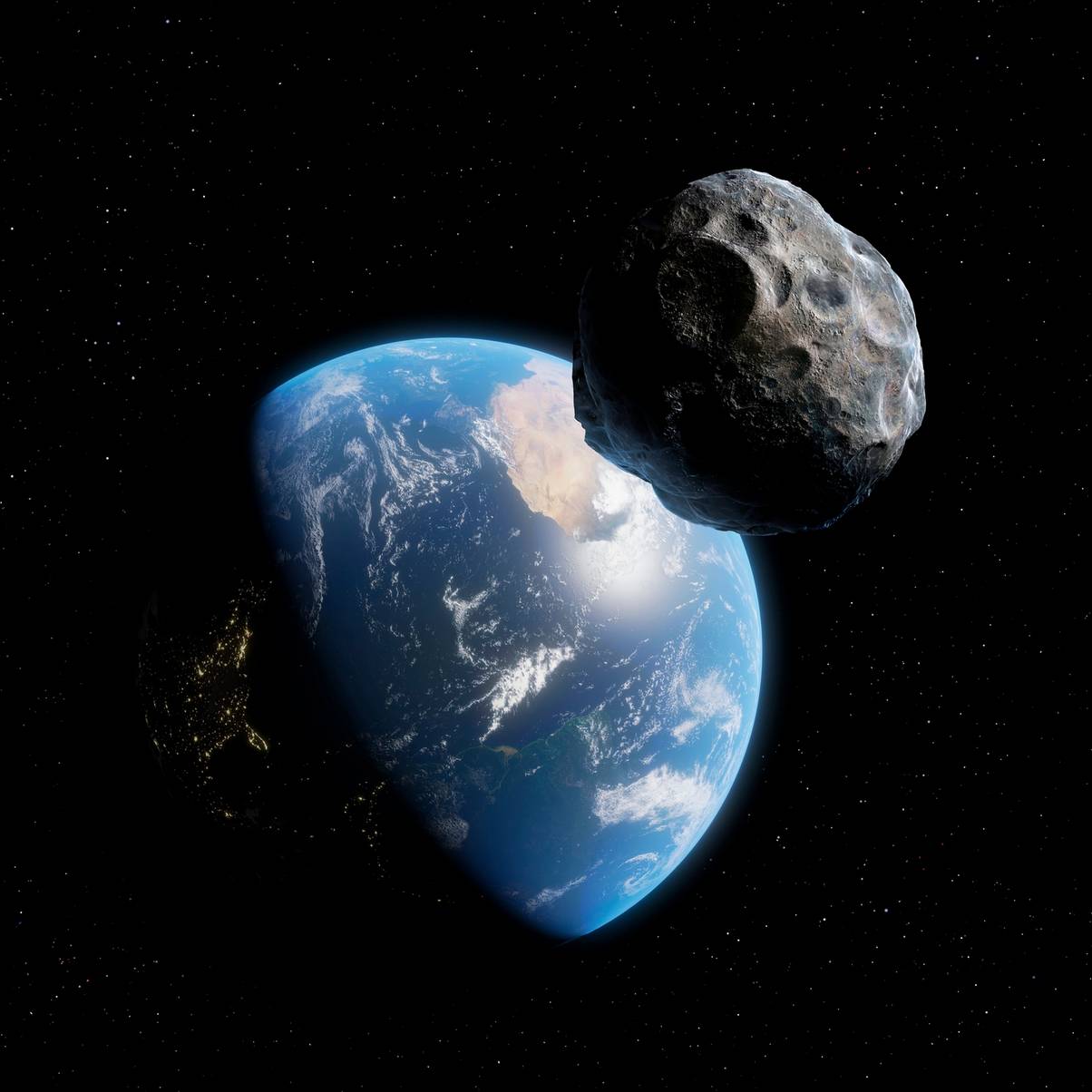
Astronomers were left less than impressed when they uncovered the truth about an asteroid they’d been keeping an eye on.
On January 2, scientists at the Minor Planet Center at the Harvard-Smithsonian Center for Astrophysics in Cambridge, Massachusetts, announced they had discovered an unusual asteroid.
It piqued the interests of space buffs after it was found less than 150,000 miles from Earth, which is closer than the orbit of the Moon, according to Astronomy magazine.
Such proximity meant experts were monitoring the asteroid due to the chance it could one day smash into Earth – but astronomers have since learnt it’s not an asteroid after all.
And now they’ve issued a stark warning.

The ‘asteroid’ in question – which had been submitted by a scientist a day earlier – was in fact a car launched by Elon Musk.
Yep, you read that right.
The billionaire launched a Tesla Roadster into space some six years ago. The Tesla is occupied by a mannequin dubbed Starman, which Tesla predicts could have listened to David Bowie’s ‘Space Oddity’ 496,328 times in one ear, while listening to ‘Is there Life On Mars?’ 668,781 times in the other during his journey.
The car was sent on a trip beyond our atmosphere while acting as a ‘dummy payload’ for the first mission of SpaceX’s Falcon Heavy; a launch Musk himself predicted only had a 50/50 chance at succeeding.
People can track the Tesla vehicle thanks to the ‘Where Is Roadster’ website, though it’s actually difficult to say whether the car is even still in one piece.
Of course, the recent sighting by the astronomers will come as music to the ears for Musk, but it’s entirely possible that the vehicle could be involved in a space-crash and struck by meteoroid.
But the scientists haven’t found the blunder very amusing.
Center for Astrophysics astrophysicist Jonathan McDowell told Astronomy that the car might hinder experts’ ability to protect Earth from potentially disastrous asteroids plummeting down on us. Great.
“Worst case, you spend a billion launching a space probe to study an asteroid and only realize it’s not an asteroid when you get there,” McDowell said.
There is a small chance the Tesla vehicle could return by crash landing back to Earth but it’s not likely.
In fact, researchers reckon there is only a six percent chance of that happening in the future.